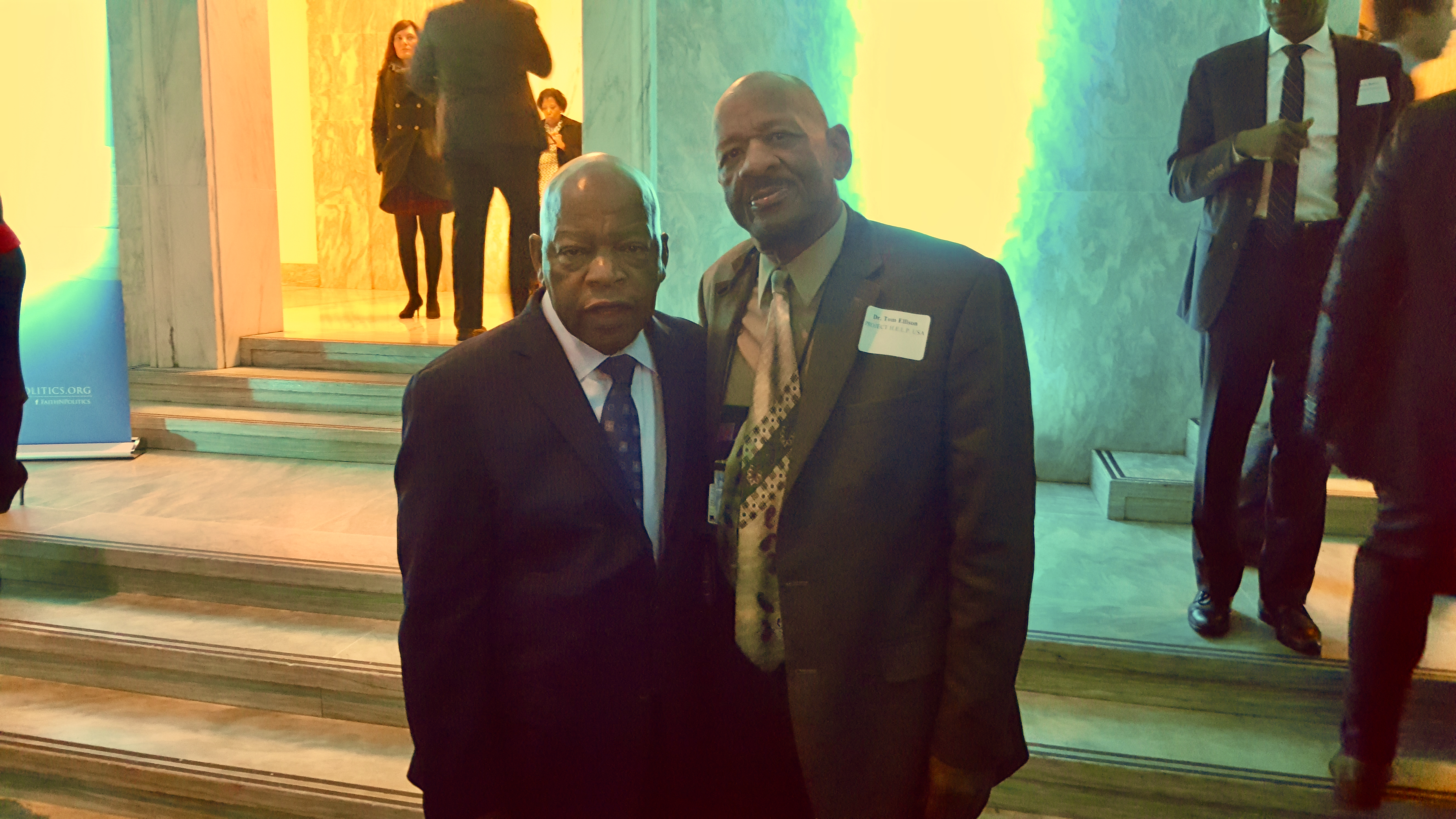The March 7, 1965, voting rights march across the Edmund Pettus Bridge, also known as Bloody Sunday, shocked the nation and became a turning point in the civil rights movement.
Every year, on the first weekend in March, Selma comes together for the anniversary of the march across the Edmund Pettus Bridge with the annual Bridge Crossing Jubilee – honoring those who marched for freedom and all they sacrificed to support the voting rights movement.
And every year, ASPR’s Medical Reserve Corps (MRC) provides dozens of team members to ensure people are able to safely and healthily celebrate and remember.
This year, the Bridge Crossing Jubilee will be held March 1-3 and includes a march from Selma's Brown Chapel AME Church to the Edmund Pettus Bridge. The Jubilee, attended by tens of thousands yearly, is the largest annual civil rights event in the United States. An event this large requires careful planning and coordination to ensure attendees are safe.
Two Birmingham Medical Reserve Corps units, the Twenty-First Century Youth MRC and the PROJECT H.E.L.P. USA MRC, will provide medical support to attendees during The Bridge Crossing Jubilee. There will be approximately 40 to 50 MRC team members on site. Medical Services Director Dr. Tom Ellison, who, at age 14, was on the bridge with his father that historic day in 1965, will lead the MRC teams.

Dr. Tom Ellison (right) with civil rights leader John Lewis, who helped lead the march across the Edmund Pettus Bridge in 1965 and was brutally beaten. Lewis also served in the United States House of Representatives for Georgia's 5th congressional district from 1987 until his death in 2020.
Among other services, the MRC will provide first aid for ailments ranging from sunburns to dehydration and will contact emergency services for transport if needed. They will also provide health screenings, distribute blood glucose test strips and blood pressure cuffs, and provide wheelchairs.
Ellison and his team will be available to support marchers and attendees with a wide range of services including verifying medication replacement for those who left prescriptions at home. MRC members will have vehicles ready to assist attendees who may not be able to finish the march.
The two experienced Birmingham MRC units supporting the Jubilee event are part of a larger state network of seven Alabama MRCs. Alabama MRC units have supported a wide range of activities and events across the state such as providing logistical support during Hurricane Sally, assisting public health nursing staff with providing hepatitis A information and vaccinations to at-risk individuals, and assisting with food distribution for those impacted by the COVID-19 pandemic.
As Black History Month comes to a close, we’re reminded of the tangible impact that our 300,000+ volunteers have on communities across the country. ASPR and MRC are proud of our work in the Black community this month and every month of the year.
About MRC
If you are interested in joining the MRC and becoming one of the more than 300,000 volunteer medical professionals, public health experts, and others who help make their communities stronger and healthier during disasters and every day, visit the website.

